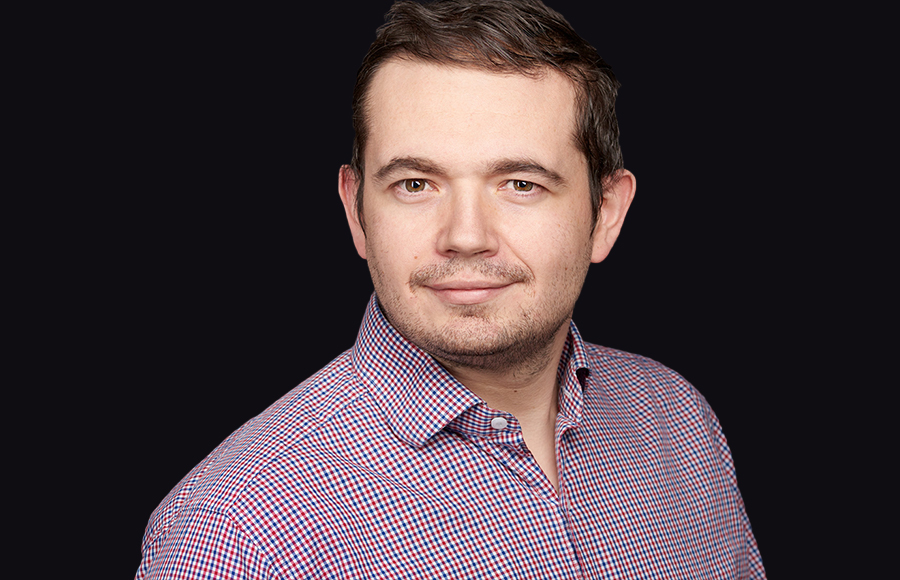What Is Required To Host A Hybrid Sports Event During Covid-19?
March 15, 2021
In our latest Member Insights piece Phil Andrews, USA Weightlifting CEO, provides some closer, hands-on insight as to how the hosting of events has been adapted for the current worldwide situation, from recent experience.
Back in December we made the decision to run our first competition of the year as a hybrid event featuring a mix of athletes lifting “in person” and virtually.
The four-day North American Open Series 1 event took place between March 4-7 and saw almost 1000 athletes compete, with around 40% opting to perform at the venue in Salt Lake City, Utah.
“We had to guarantee that all athletes would be competing equally. To ensure this, each athlete had to have their weight verified by a Technical Official before being eligible to compete.”
After a prolonged absence due to the Covid-19 pandemic, the return of live competitive sport was welcomed by the whole weightlifting community and the hybrid nature of the event proved to be a great success.
Health and safety
To my knowledge, this event was the first of its kind across the world, with no other examples of hybrid international sports competitions of this stature taking place, so we had no structure to replicate.
The safety of athletes, coaches, officials, USA Weightlifting staff and volunteers was of paramount importance to us, with necessary measures in place including the use of face masks and socially distanced guidelines.
Athletes that competed in Salt Lake City had to undergo a polymerase chain reaction (PCR) Covid-19 test before arriving to ensure we were not contributing to a spread of the virus.
We also worked closely with our partners Sports Medicine Society, the Sport Medicine department of the United States Olympic & Paralympic Committee, and other medical experts to ensure the viability of holding an in-person competition.
Athlete fairness
We wanted to give our members options when it came to competing, with the online aspect of the competition allowing athletes from as far as Hawaii to enter, something that helped to vastly reduce their costs.
At the same time, we had to guarantee that all athletes would be competing equally. To ensure this, each athlete had to have their weight verified by a Technical Official before being eligible to compete.
“One question that has cropped up a few times is how we prevented instances of doping from those competing virtually.”
Athletes competing virtually were asked to verify the weight on their bar where required and we also took the decision not to allow national records to be broken by those competing online.
USA Weightlifting staff were on hand at every stage of the process to help with any athlete queries or concerns relating to the competition.
Doping controls
I’ve recently been contacted by likeminded CEOs of national governing bodies (NGBs) asking about the measures that we introduced during the event and one question that has cropped up a few times is how we prevented instances of doping from those competing virtually.
In addition to the strict doping protocols in place at the venue, we worked closely with the United States Anti-Doping Agency (USADA) to underline our zero tolerance policy on the issue.
“We are lucky in the sense that this is an individual sport that works in a hybrid format while many other sports do not have that luxury, but for all NGBs and sports organisations it is vital to show flexibility and innovation during challenging times.”
This involved members from USADA visiting the houses of competitors and undertaking random drug tests over the course of the four days.
Future events
The initial survey feedback from the event showed that it was well received by everyone involved and I anticipate that hybrid events will become a key part of the weightlifting calendar moving forward.
We are lucky in the sense that this is an individual sport that works in a hybrid format while many other sports do not have that luxury, but for all NGBs and sports organisations it is vital to show flexibility and innovation during challenging times.
We had a slight technical issue on day two that caused a delay of approximately an hour, although there were always likely to be teething problems with an event of this size.
This competition has been incredibly useful in determining our approach for the rest of 2021 and beyond and I truly believe this could be a sustainable event model for USA Weightlifting and other National Federations in our sport in the future.
The next step is to work out how we can safely introduce spectators back into our venues while ensuring that the safety of all stakeholders remains at the forefront of our minds, but gradually we are getting our sport back as we know and love it.


